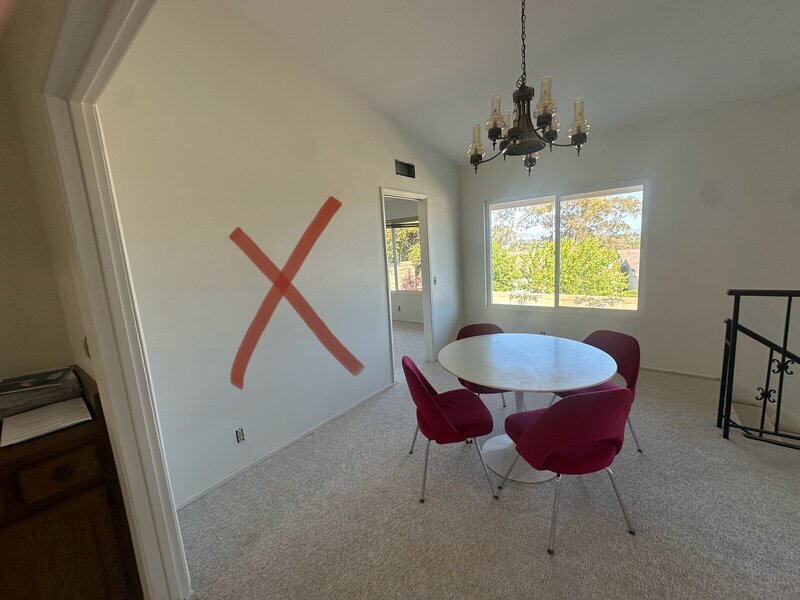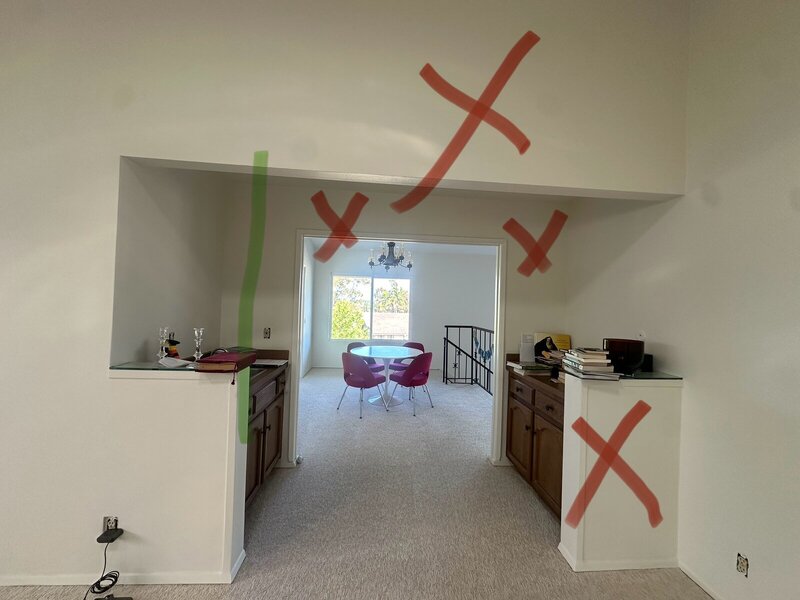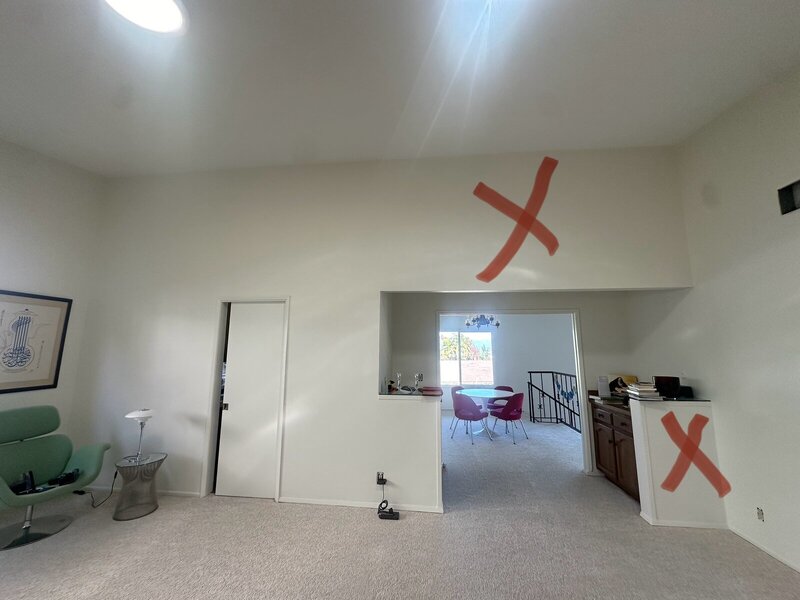- Joined
- Nov 21, 2008
- Messages
- 28,453
- Reaction score
- 30,219
WF also specifically sucks (at least in So Cal).
I originated through a non bank lender at 3.675% in 2017, who sold through until in landed at Chase.
Refinanced directly with Chase in 2020 and they gave me 2.625%. They charged me like $800, but that was like....1 months interest savings.
WF wasn't offering anything attractive.
In both my house purchases and my refinancing, I never saw anything competitive from any of the big banks or even the credit unions. The best rate always came from a broker, and it was never even close.






























